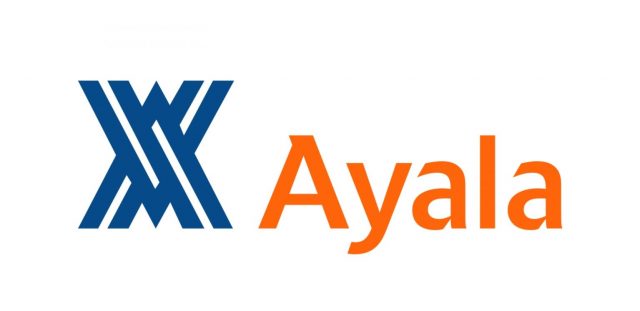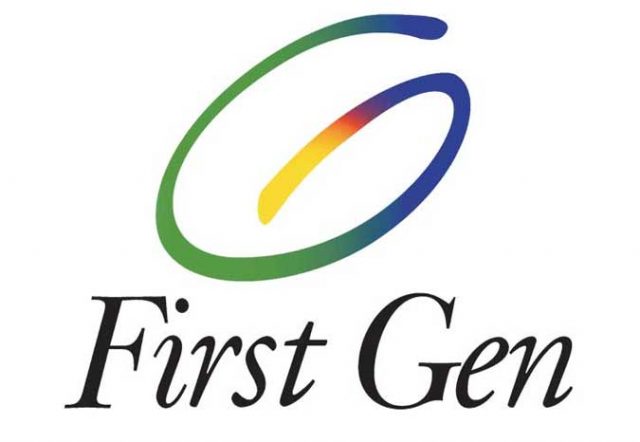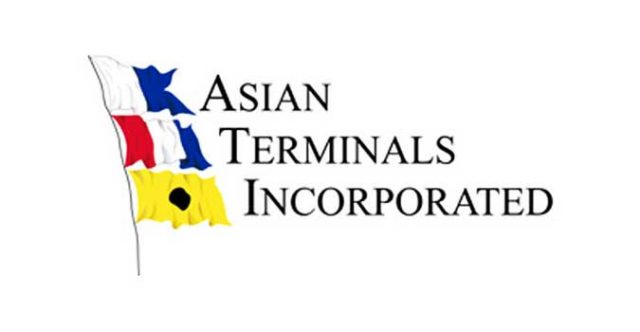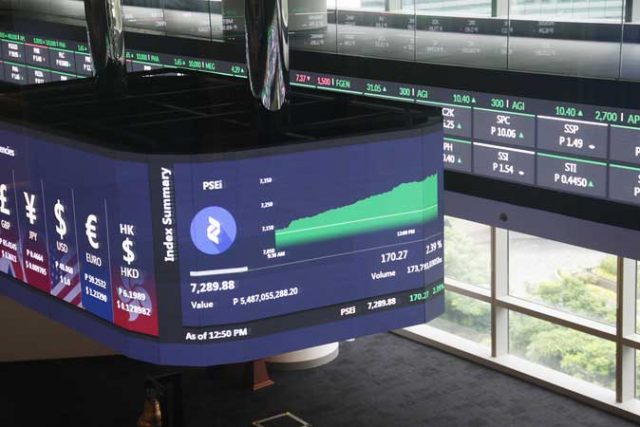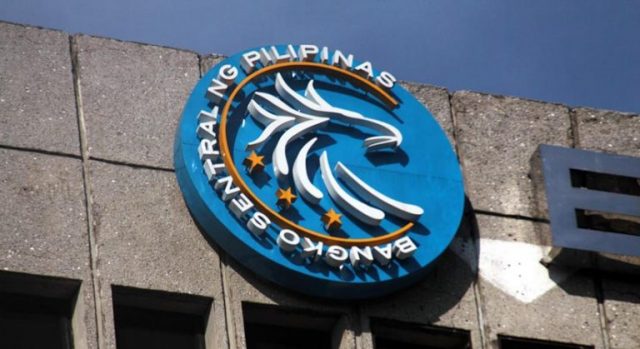JG Summit Holdings, Inc. posted a P122.19 million net attributable income in the first quarter, down 94% from P1.9 billion in the same period last year.
In a regulatory filing, the Gokongwei-led conglomerate said its core net income stood at P295 million “as margin gains from Universal Robina Corporation (URC) and JG Summit Petrochemicals Group (JGSPG) cushioned the negative impact of the pandemic in Robinsons Land Corporation (RLC), Cebu Air, Inc. (CEB) and Robinsons Bank Corporation (RBank)’s bottomline.”
Revenues stood at P67.64 billion, slightly down from last year’s P67.88 billion.
JG Summit said that the strong performance of its food and banking divisions, better use of its petrochemical plants, and the contribution of its Chengdu real estate project made up for the decline in Cebu Air’s revenues.
Excluding the airline business, JG Summit said its net income would have stood at P5.1 billion and core income at P5.4 billion.
“Our food and banking segments remain stable, while businesses that were heavily impacted by the strict mobility restrictions and quarantine measures have shown sustained quarter-on-quarter recovery since the significant decline during the ECQ last year,” Lance Y. Gokongwei, president and chief executive officer of JG Summit, said.
URC reported a P3 billion net income attributable to equity holders in the first quarter, up 51% from a year ago.
Revenues for the food business inched up by three percent to P34.6 billion as its commodities and international business segments offset the decline seen in the branded consumer foods sales at home.
JGSPG returned to profitability with P48 million in net income in the first quarter, from the P1.1-billion net loss a year ago. Revenues went up by over three times to P9 billion.
“Its cracker utilization is currently over 100% and [first quarter] polymer utilization rate is now at 88%, which are also both better than [the preceding quarter],” JG Summit said.
Cebu Air widened its net loss by nearly six-fold to P7.3 billion in the first three months of the year, as revenues fell by 83% to P2.71 billion.
“The company only flew 7,236 flights and 550,000 passengers in [the first quarter], down by 76% and 88% [versus the same period last year,]” the holding firm said.
Quarter-on-quarter, the number of Cebu Pacific flights jumped by 27% while the number of passengers flown rose by 62%.
“The government’s efforts to set directions for unified view on travel restrictions provided a substantial improvement in bookings, which demonstrates there is still genuinely significant pent-up demand for travel,” Mr. Gokongwei said during the company’s virtual stockholders’ meeting on Friday.
Mr. Gokongwei said they are continuously reviewing Cebu Air’s business transformation plans.
“Our objective is to come out at least 25-30% more efficient versus where we were before the pandemic,” he said.
RBank earnings fell by 33% to P234 million from P350 million in the first quarter last year due to lower trading gains and additional provisions to cushion the impact of the health crisis on asset quality.
RLC saw a 13% profit decline to P2.9 billion, as malls, hotels and offices continue to be affected by quarantine restrictions. Revenues surged by 44% to P16.4 billion, due to the recognition of revenues from its real estate project in Chengdu, China.
The listed Gokongwei-led conglomerate is ramping up its capital expenditures this year by 28% to P47.8 billion from P37.3 billion in 2020.
“Most of our business units plan to spend at the same level or lower than their 2020 spending, except for RLC to further expand its investment portfolio and landbank and URC to improve its recently acquired sugar mill and distillery as well as investments in its supply chain transformation initiatives,” Mr. Gokongwei said.
Meanwhile, another Gokongwei-led listed firm Robinsons Retail Holdings, Inc. (RRHI) said it is “constantly on the lookout” for mergers and acquisitions, the company said in another briefing on Friday.
RRHI said it plans to continue to grow its offline network and improve its e-commerce presence via GoRobinsons.
Shares of JG Summit slipped by 1.59% or 80 centavos to close at P49.50 each, while RRHI shares went up by 15 centavos to end at P49.95. — Keren Concepcion G. Valmonte



